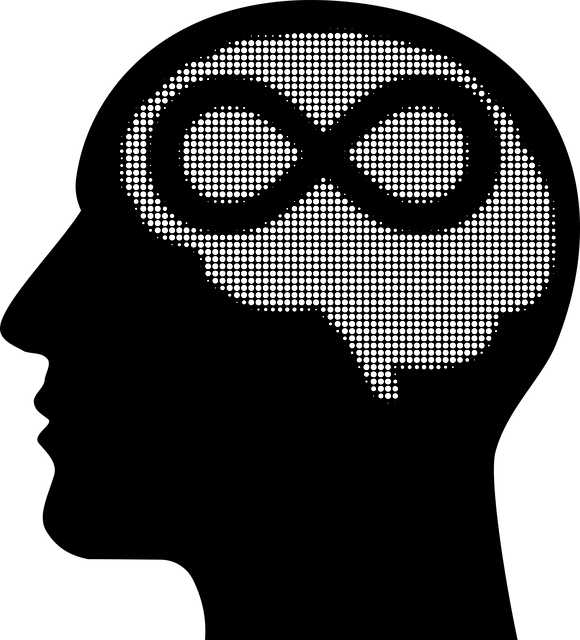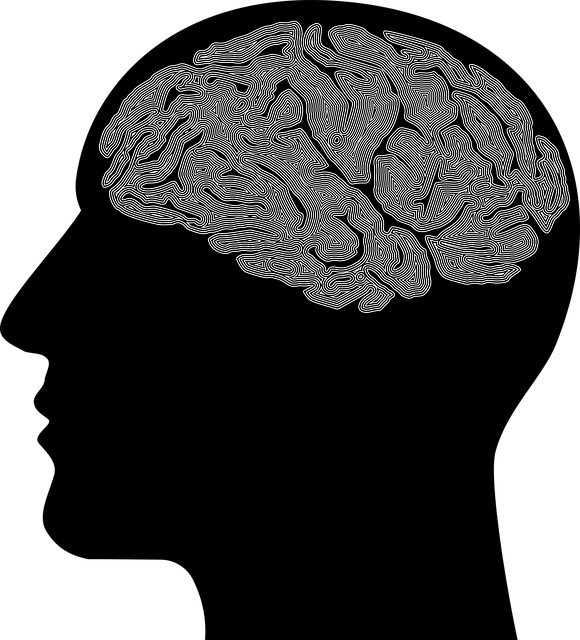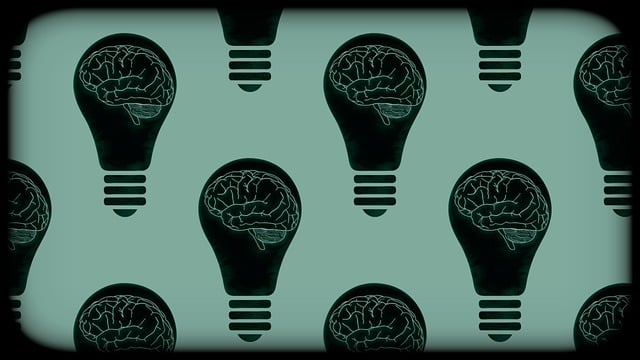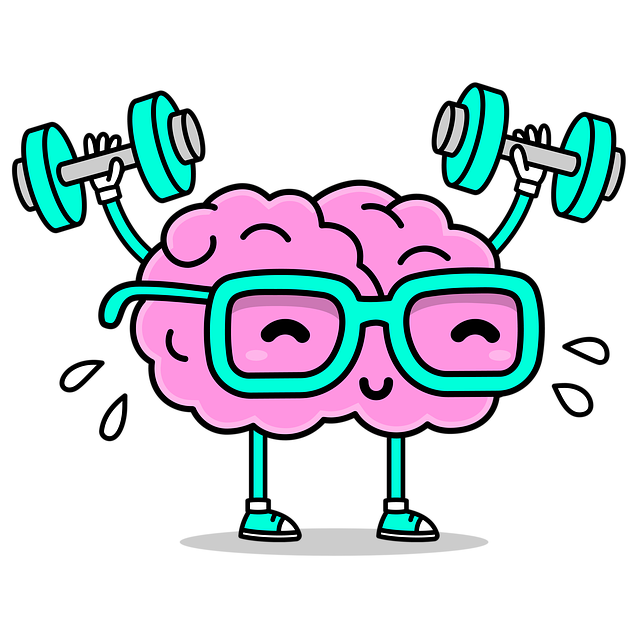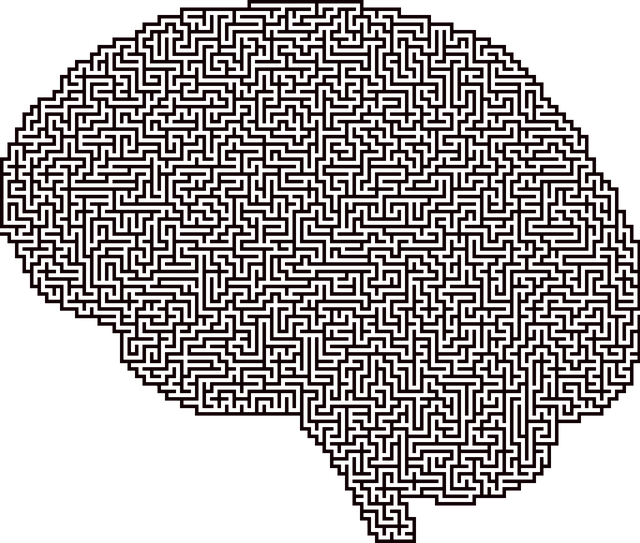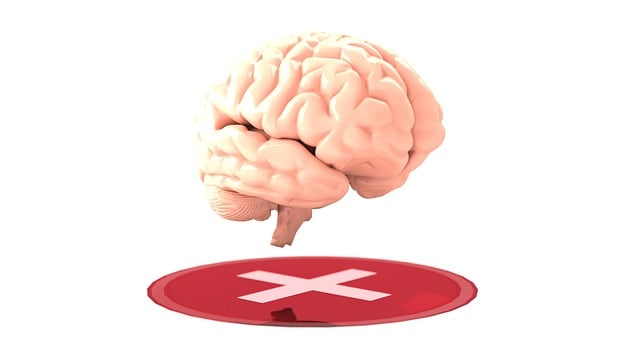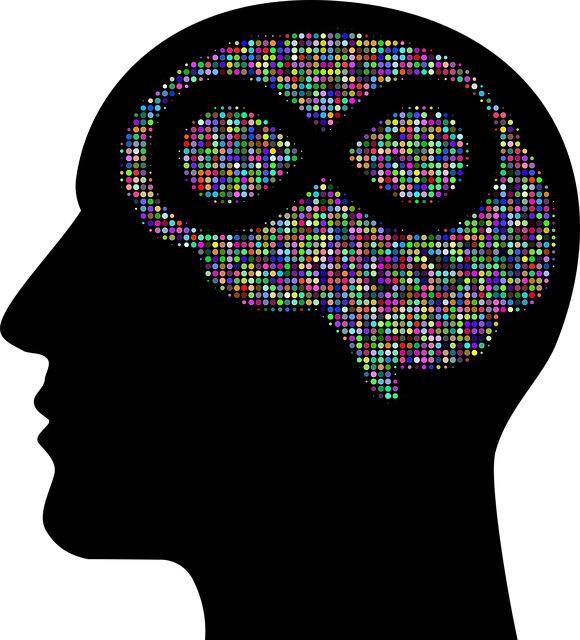Diagnosing ADD/ADHD in Englewood's diverse population is challenging due to varied symptom expressions and cultural influences, leading to misdiagnosis or underdiagnosis. To improve accuracy, targeted initiatives like mental health education and conflict resolution techniques in therapy are crucial. Current methods rely on subjective reporting and standardized questionnaires, which have limitations. Innovative approaches like Compassion Cultivation Practices and Emotional Intelligence offer complementary insights for personalized ADD-ADHD therapy. Comprehensive Englewood ADD-ADHD evaluations ensure precise diagnoses, tailored treatments, and improved mental health outcomes.
Mental illness diagnosis accuracy is a critical aspect of patient care that demands continuous improvement. This article delves into the intricate challenges surrounding mental health assessments, focusing on the prevalence of misdiagnosis and its profound impact on patients’ lives. We explore current diagnostic methods and their limitations before presenting innovative solutions like evidence-based evaluations for ADD/ADHD in adults, as offered in Englewood. Additionally, we discuss integrating therapy and assessment, along with comprehensive strategies emphasizing collaboration, continuous learning, and destigmatization to enhance diagnostic accuracy.
- Understanding the Challenges of Mental Illness Diagnosis
- – Exploring current diagnostic methods and their limitations
- – Prevalence of misdiagnosis and its impact on patients
Understanding the Challenges of Mental Illness Diagnosis

Diagnosing mental illnesses accurately is a complex task due to their multifaceted nature and often subtle symptoms. Many conditions, such as Attention-Deficit/Hyperactivity Disorder (ADHD), present with varying manifestations in different individuals, making it challenging for healthcare professionals to differentiate between normal developmental variations and disordered behavior. The subjective experience of mental health issues also varies widely from person to person, which can lead to misdiagnosis or underdiagnosis. Additionally, cultural and societal factors influence how mental illness is perceived and reported, further complicating the diagnostic process.
Englewood, known for its diverse population, presents unique challenges in mental health diagnosis. The community’s diverse cultural backgrounds and experiences may impact how individuals describe their symptoms, leading to potential communication barriers. To address these issues, targeted efforts like enhanced mental health education programs designed to increase awareness and understanding can empower both patients and healthcare providers. Conflict resolution techniques integrated into therapy sessions could also facilitate open communication, ensuring accurate assessments and improving diagnostic accuracy for conditions like ADD/ADHD in diverse settings like Englewood.
– Exploring current diagnostic methods and their limitations

The current diagnostic methods for mental health conditions, including Englewood ADD-ADHD evaluations, often rely on subjective reporting and standardized questionnaires. While these tools have their merits, they also present significant limitations. Many traditional assessments fail to capture the nuanced complexities of individual experiences, especially when it comes to subtle or comorbid presentations of disorders like ADD-ADHD. This can lead to misdiagnosis or underdiagnosis, impacting treatment plans and long-term outcomes.
To address these challenges, researchers are exploring innovative approaches such as Compassion Cultivation Practices and Mental Wellness Journaling Exercises, which offer complementary insights beyond standard diagnostic criteria. Emotional Intelligence, for instance, has gained recognition as a valuable asset in understanding an individual’s capacity to perceive and manage their emotions, potentially enhancing diagnostic accuracy. By integrating these practices into evaluation processes, professionals can gain deeper insights, fostering more personalized and effective treatment strategies for mental health concerns like ADD-ADHD.
– Prevalence of misdiagnosis and its impact on patients

The accuracy of mental illness diagnoses is a pressing concern within the healthcare system. Misdiagnosis rates are alarmingly high, particularly for conditions like Attention Deficit Disorder (ADD) and its more severe form, Attention Deficit Hyperactivity Disorder (ADHD). This issue significantly impacts patients’ lives as incorrect diagnoses can lead to inappropriate or even harmful treatments. For instance, a patient with anxiety or depression might be misdiagnosed as having ADHD, resulting in unnecessary medication side effects and the potential for comorbid conditions being overlooked.
Englewood ADD-ADHD evaluations play a crucial role in combating this challenge. Through comprehensive assessments by qualified professionals, individuals can receive precise diagnoses, leading to tailored therapy and self-awareness exercises. Encouraging mental wellness and implementing effective self-care practices are essential components of the process. By addressing misdiagnosis, patients have a better chance at accessing appropriate care, improving their overall mental health outcomes, and fostering a more positive relationship with their treatment plans.
Mental illness diagnosis accuracy is a critical aspect of patient care that demands continuous improvement. By understanding the challenges inherent in current diagnostic methods, such as those employed at Englewood ADD-ADHD Evaluations and Therapy, we can better address misdiagnosis rates. This issue significantly impacts patients’ treatment outcomes and overall well-being. Through ongoing research, education, and the adoption of innovative assessment tools, healthcare professionals can strive for greater precision, ensuring that individuals receive the most effective and appropriate therapy.
